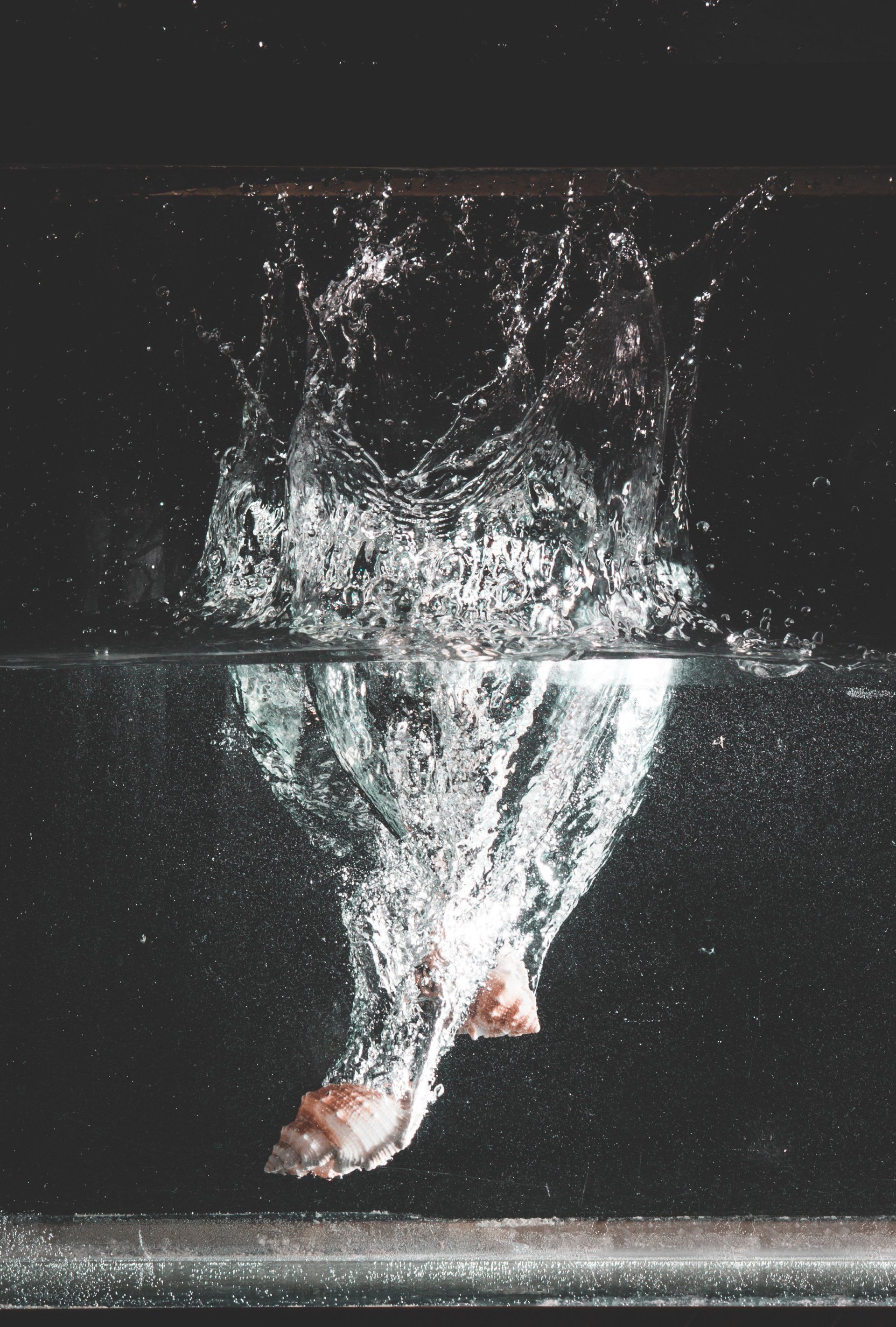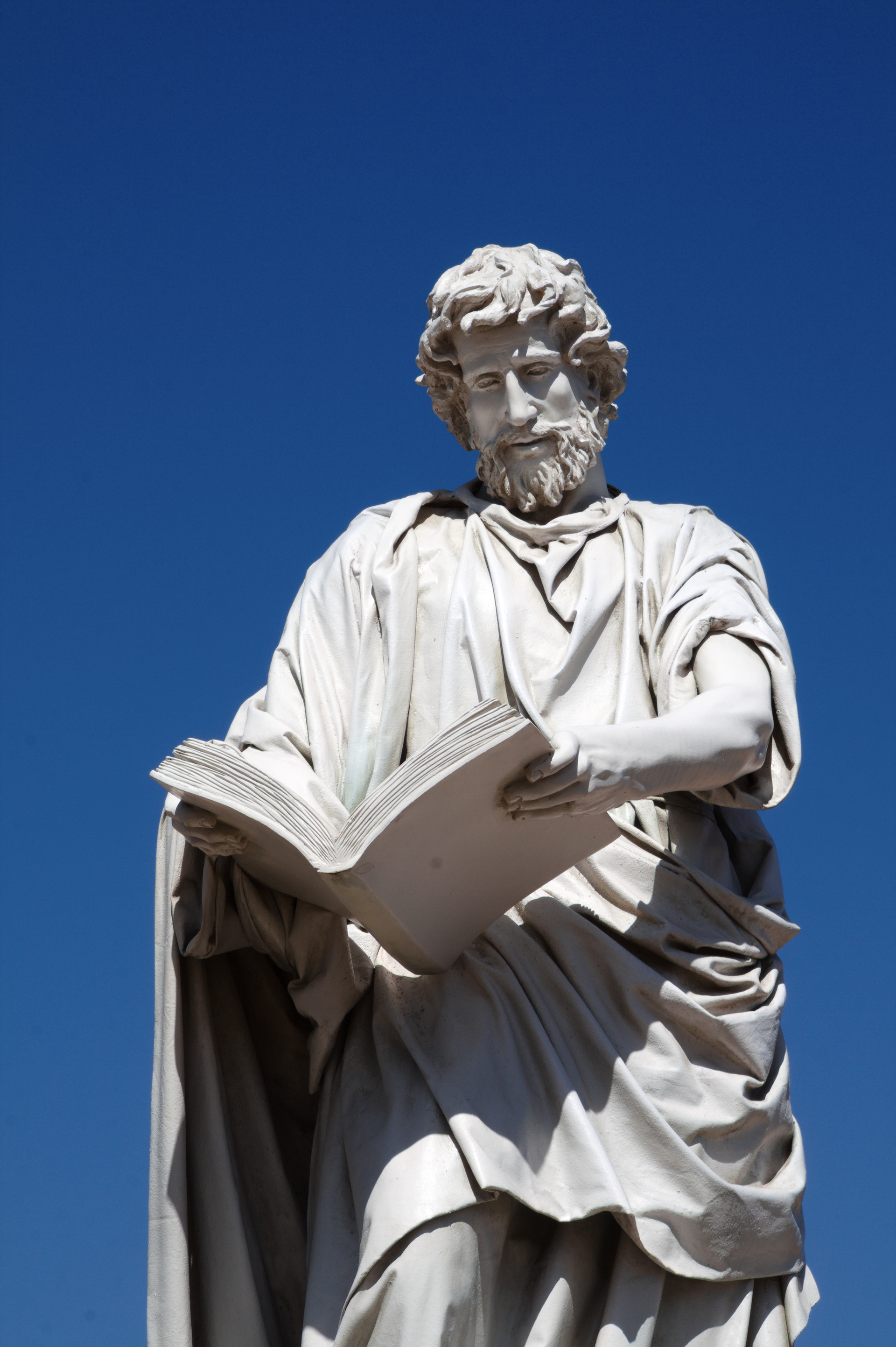East of Eden
After a hiatus from my Sunday articles in the bulletin, I wanted to switch gears from catechetical topics. For the next handful of weeks, I wanted to offer some recommendations from my own reading. Each week, I’ll offer two books that I’ve enjoyed reading or rereading in the past few months. I hope you may consider taking up a book or two that might enrich your day-to-day life.
In terms of something that I read to enrich my faith, I have been rereading this summer The Imitation of Christ by Thomas á Kempis. For such a small book, it seems to smack me in the face every time I read it. Thomas is no wuss. He wants his readers to take seriously the commands and example of Our Lord with such alacrity that we are ready at once to enter into heaven. With books like this, I do not recommend them for the scrupulous. We must take what is useful from them to advance in small steps in the ways of holiness, but not take the ideal they present to us as if holiness is so very far from us or impossible to reach. The Imitation of Christ is divided into four “books.” The individual meditations for each day can be read in all of three minutes, give or take. The first book seeks to stoke the flame of our interior sentiments so that we might see what prevents us from zealously pursuing holiness and begin to desire a life that is ordered to what is above. Then, he moves to true interior conversion by highlighting the obstacles to God’s love and follows with a great treatise on how to bend and conform our interior faculties to despise the world and seek heaven. Lastly, he offers a beautiful set of reflections that can be prayed and mediated upon before the Blessed Sacrament, using the Eucharist as the Christ-now-and-here-present to motivate our imitation of the Savior. This time around, I gleaned the most benefit from his last few chapters in the second book, wherein he admonishes those who do not wish to take up the Cross of Our Lord. It seemed especially fitting since we encounter in ourselves in the present day so much lukewarmness and unwillingness to boldly live our Faith.
In terms of a book not directly related to theology or the Faith, I finally got around to reading John Steinbeck’s 1952 crowning novel East of Eden. Finally? Yes, because a friend from high school who teaches English literature has been begging me to read it for about 12 years. Oh my, it’s a long investment; but I thoroughly enjoyed the time spent with it. The entire novel has so many allusions to Biblical stories, especially from Genesis, but that’s not what I took away from it. First of all, I love good writing. Too many popular books, especially modern popular books, have great literary elements, characters, and plots, but lack in good writing. Steinbeck’s ability to paint a scene as a backdrop to a character’s decision or response to some interaction is prophetic. Most ingenious is Steinbeck’s ability to describe human nature. Throughout the whole epic, I failed to really identify one character as immaculately good. And that is the predicament with modern authorship. Many times, modern authors want to paint the characters as good, evil, or somewhere in between. Steinbeck has an uncanny ability to elucidate the “good” characters as deeply flawed and the “bad” characters as redeemable. It reminded me that human nature never changes. Even when we are good, we need to illuminate the parts of us that need to be better. And when we find ourselves to commit sin, there is always a good part of us that can be redeemed to overcome the bad.
Pastor's Ponderings












